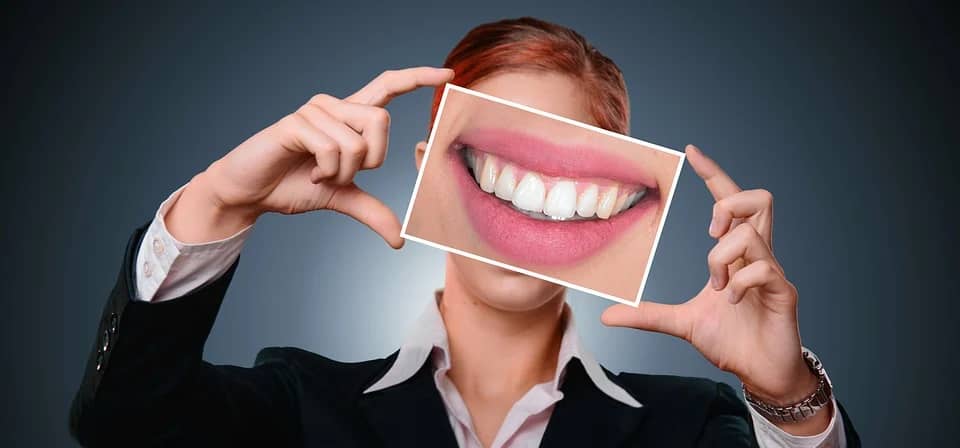Mouth guards protect teeth and the mouth from damage caused by impact, fracture, or trauma. Athletes wear them for baseball, basketball, lacrosse, martial arts, football, and hockey. This article discusses the 8 signs you may need a mouth guard.
A mouth guard is also used to prevent further damage after a traumatic accident. The primary function of a mouth guard is to reduce the risk of your teeth being knocked out or broken.
Lastly, mouth guards are effective for teeth grinding. A nightguard, in particular, can prevent damage to your teeth.

1. Chronic Grinding
People who grind their teeth may benefit from a mouth guard. Grinding is the most common injury in sports-related to dental injuries. This is due to the repeated biting of your teeth on hard objects that can cause damage to the teeth and bones.
A mouth guard will prevent repeated tooth and jaw fractures, leading to long-term injury and pain. It may even prevent the loss of permanent teeth from dental infection or fracture. Also, when sleeping, a nightguard will help reduce grinding.
2. Recent Trauma
You may be involved in a recent traumatic event or accident. You might need a mouth guard to protect your teeth if you were.
Specific injuries can cause damage to the jawbone and soft tissue of the mouth. If there’s damage, your teeth can break. A mouth guard will prevent inflammation that could further injure nerves, bones, and teeth.
3. Chipped Teeth
Chipped teeth happen due to frequent or repetitive contact with sharp objects. Or, you may have accidentally bit down on a popcorn kernel too hard.
Items that are sharp can cause injury to the bone of the tooth. Additionally, it causes problems with the nerve of the tooth.
A mouth guard will protect your teeth while they heal. In addition, a mouth guard will protect the healing teeth from additional damage.
4. Limited Jaw Movement
You may love to play sports like baseball, soccer, or lacrosse. However, if you have limited jaw movement due to an injury, then a mouth guard will help protect your teeth and mouth.
For example, for someone who has jaw surgery that causes limited jaw movement, a mouth guard can help. Using one will prevent further injury during sports or activities. A mouth guard will also limit the impact of the jaw, requiring less force on the jaw area.
5. Temporomandibular Joint Disorder (TMD)
If you have TMD, it likely affects your jaw muscles and temporomandibular joints. Unfortunately, this condition results in pain and stiffness in the jaw joint above the ears into the head and neck. This causes weakening of the muscles that allow you to open your mouth or bite down. And with weakened muscles, it’s hard to bite and chew.
Over time, this condition can cause damage to the bones and joints in your mouth. A mouth guard will limit further damage caused by TMD. It shouldn’t progress to arthritis or stiffness in other joints.
6. Morning Headaches
A mouth guard can help prevent a morning headache. It’s common for headaches to occur when jaw muscles get locked in place.
Wear a nightguard while you’re sleeping for lasting relief. You’re less likely to wake up with a headache or experience them at all for that matter.
During the night, a nightguard will help distract your jaw muscles from allowing them to relax. The distraction reduces the impact of the muscles against each other. And in turn, this dramatically reduces the pain caused by a morning headache.
7. Soreness and Jaw pain
A mouth guard can help with soreness and pain due to repetitive and frequent contact. It works because it limits the contact and reduces the impact on the area. Therefore, less contact will prevent additional injury, soreness, and pain.
8. You Take Antidepressants
If you take antidepressants, you may have a soft or misshapen jaw. This is caused by how these medications change blood flow around the jaw. When blood flow gets affected, it may result in swelling and damage to the muscles. Wearing a mouth guard will prevent further harm to your jaw muscles and tissues.
Conclusion
In conclusion, a mouth guard has many uses. Here’s a quick summary of what we reviewed in this article:
It can help protect your teeth and mouth from further damage caused by an injury, sport, or activity. For example, if you were involved in a traumatic event, you may need a mouth guard to prevent further damage.
A mouth guard is also effective at preventing teeth from grinding at night. Wear a nightguard to avoid jaw pain, tooth pain, and damaging your teeth.
It’s also effective when taking antidepressants. A mouth guard minimizes bone and joint damage from the medication.
No matter what condition you have, a mouth guard may be the solution for you. Try one to aid in your recovery or to prevent pain in the future.